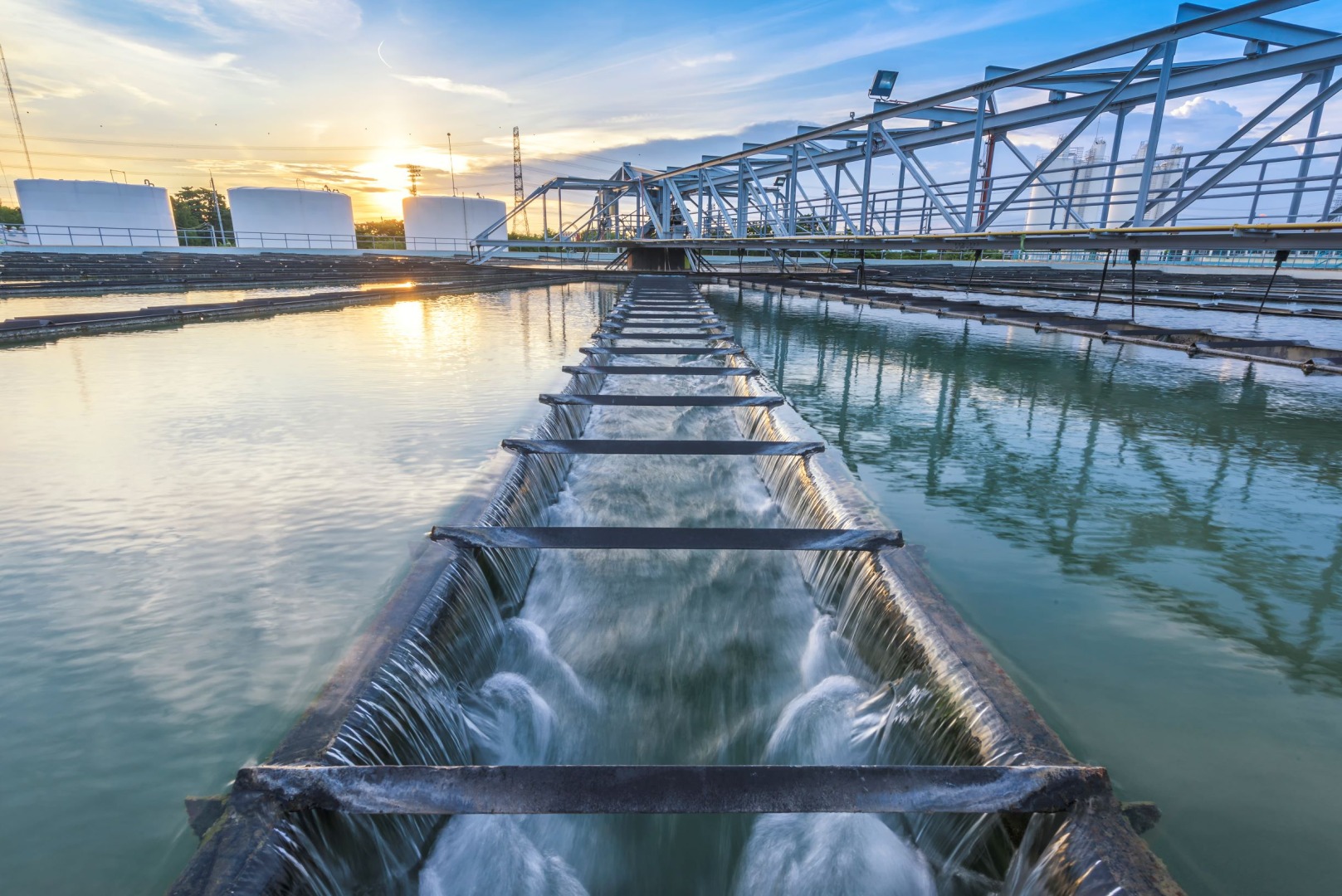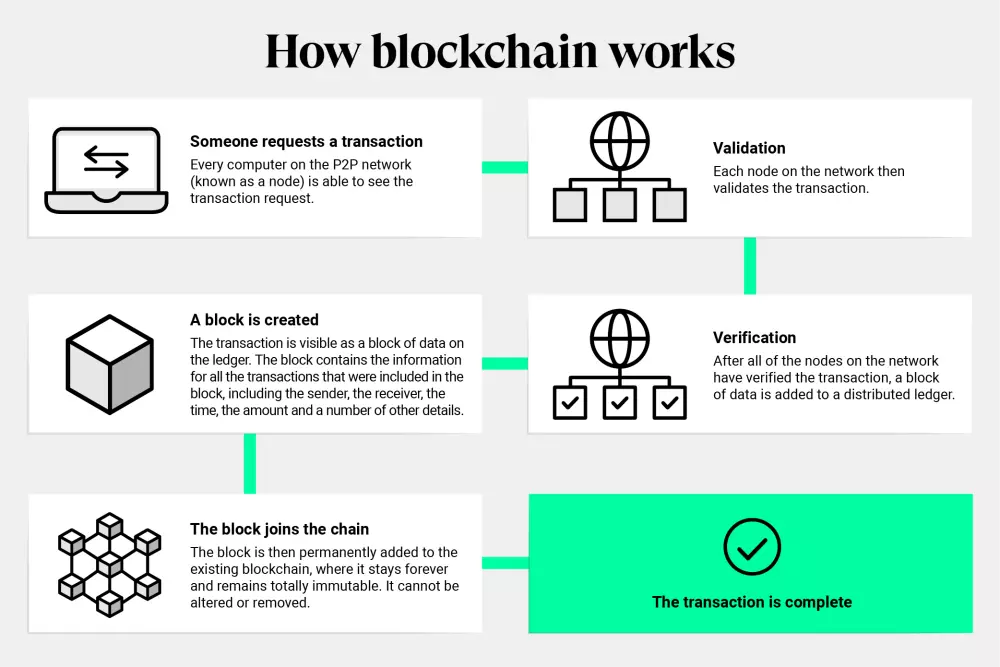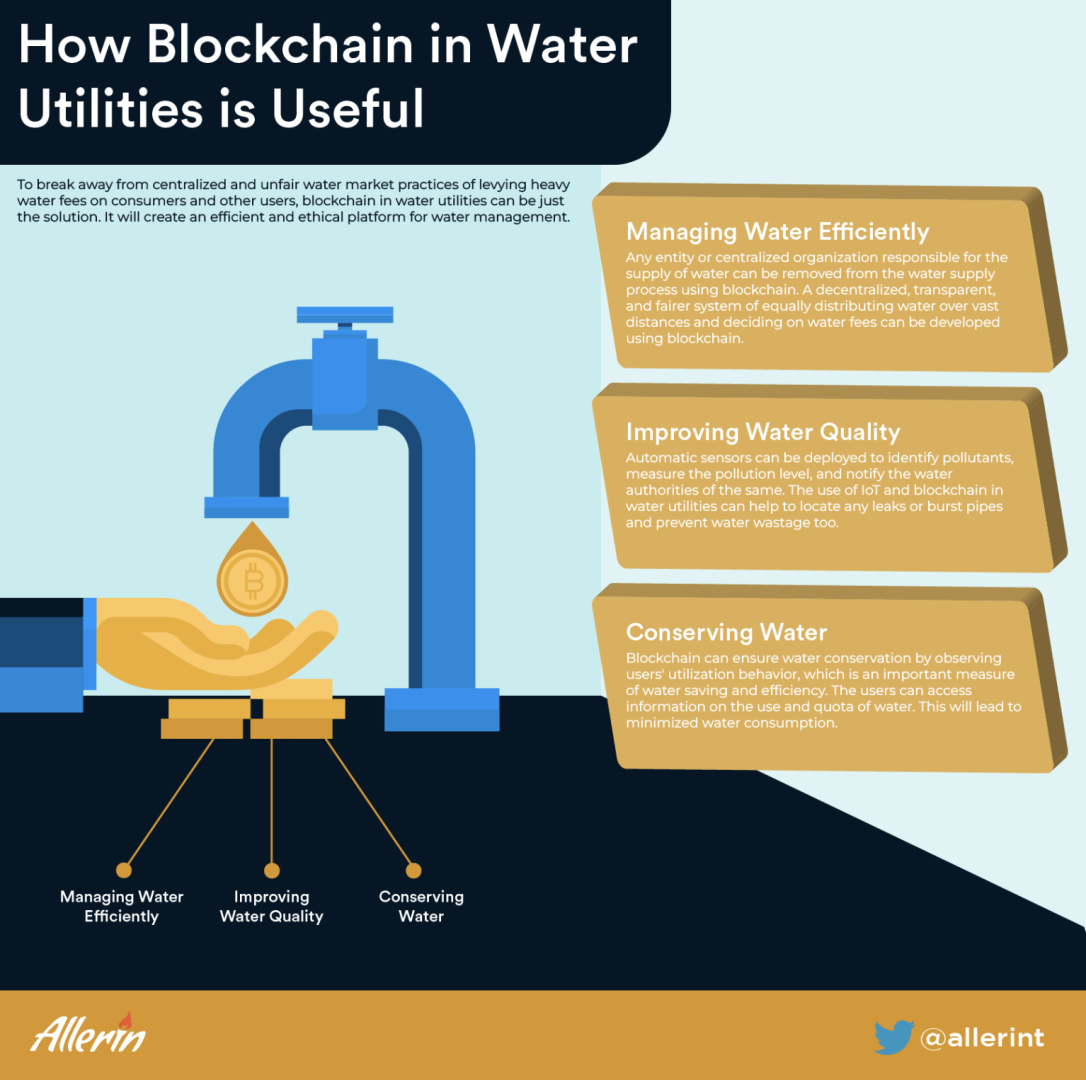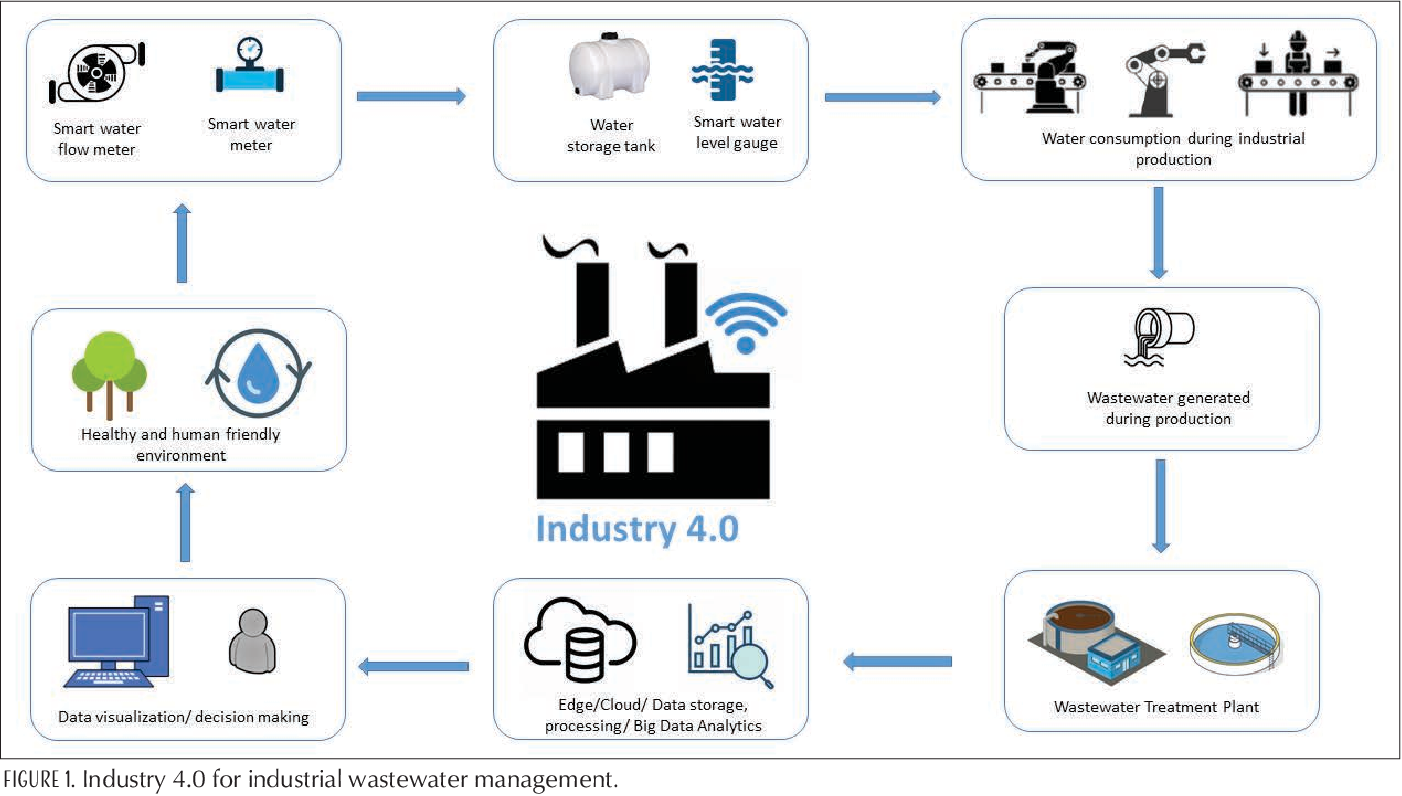Comments
- No comments found

Water is an essential natural resource that is critical to sustaining life.
Due to climate change, population growth, and industrialization, water scarcity has become a significant challenge for many countries. According to the United Nations, by 2025, almost two-thirds of the world's population could be living under water-stressed conditions. As a result, there is a growing need for innovative solutions that can help manage water resources more efficiently. Blockchain technology has emerged as a promising solution to address the challenges of water management. In this article, we explore how blockchain can transform the water management landscape and the benefits it offers.

Blockchain is a decentralized, distributed ledger technology that records transactions in a secure and transparent manner. In simple terms, a blockchain is a series of blocks that contain information. Each block is linked to the previous one, forming a chain. The blocks on a blockchain are tamper-proof, and once data is added, it cannot be altered or deleted. Blockchain technology eliminates the need for intermediaries, making it a secure and cost-effective solution for various applications.
Water management is a complex and challenging process that involves various stakeholders such as government agencies, utilities, farmers, and households.
Several organizations are already using blockchain technology to address water management challenges. For instance, the World Wildlife Fund (WWF) has partnered with a blockchain startup to create a blockchain-based platform that tracks water usage in the Colorado River Basin. The platform enables stakeholders to monitor water usage and identify potential areas for conservation. Another example is the Australian National Water Trading Platform, which uses blockchain technology to create a marketplace for buying and selling water rights. The platform enables farmers and other stakeholders to trade water rights in a transparent and secure manner, thereby facilitating more efficient allocation of water resources.

Blockchain technology can be applied to different areas of water management, including water rights management, water quality management, smart water metering, and water trading.
Water rights refer to the legal entitlements to use water from a particular source. In many regions, water rights are allocated based on historical usage, which can lead to unfair distribution. Blockchain technology can provide a transparent and secure way of managing water rights by creating a digital ledger that records the ownership and usage of water resources. This can help ensure fair and equitable distribution of water resources among stakeholders.
Water quality is an essential aspect of water management. Ensuring that water is safe for human consumption and the environment is crucial. Blockchain technology can be used to monitor water quality in real-time, creating a transparent and secure system that records the quality of water at different points in the supply chain. This can help identify potential sources of contamination and enable swift action to be taken to address them.
Smart water metering involves the use of sensors and internet of things (IoT) devices to monitor water usage in real-time. Blockchain technology can be used to create a decentralized system that records water usage data from smart meters, enabling utilities and consumers to monitor usage and manage water resources more efficiently. This can also help reduce water wastage and enable prompt identification of leaks or other issues.
Water trading involves the buying and selling of water rights or water allocations among stakeholders. Blockchain technology can create a transparent and secure platform for water trading, enabling buyers and sellers to exchange water rights in a secure and tamper-proof manner. This can help facilitate water transfers among stakeholders and enable more efficient allocation of water resources.
The use of blockchain technology in water management offers several advantages. First, blockchain technology can create a transparent and tamper-proof system that records water usage data, enabling stakeholders to monitor usage and manage water resources more efficiently. Second, blockchain technology can help ensure fair and equitable distribution of water resources among stakeholders by creating a digital ledger that records the ownership and usage of water resources. Third, blockchain technology can facilitate water trading, enabling buyers and sellers to exchange water rights in a transparent and secure manner.
Despite the many benefits of blockchain technology in water management, there are several challenges and limitations that need to be addressed. First, the implementation of blockchain technology requires significant investment in hardware, software, and human resources. Second, blockchain technology is still in its early stages of development, and there is a lack of standardized protocols and regulations, which can hinder its adoption. Third, the decentralization of blockchain technology can pose challenges in terms of governance and decision-making.
The use of blockchain technology in water management has the potential to revolutionize the way water resources are managed and allocated. As the technology continues to evolve, it is likely that we will see more innovative solutions that address the challenges of water management. Governments, utilities, and other stakeholders should explore the use of blockchain technology in water management and collaborate to develop standards and regulations that can promote its adoption.

Water management is a critical issue that requires innovative solutions to ensure the efficient and sustainable use of water resources. Blockchain technology offers a promising solution that can address the challenges of water management by creating a transparent and secure system for managing water resources. The use of blockchain technology in water management can help ensure fair and equitable distribution of water resources, monitor water quality, enable smart water metering, and facilitate water trading. While there are challenges and limitations to its adoption, the potential benefits of blockchain technology in water management are significant, and governments, utilities, and other stakeholders should explore its use to promote more efficient and sustainable water management practices.
Naveen is the Founder and CEO of Allerin, a software solutions provider that delivers innovative and agile solutions that enable to automate, inspire and impress. He is a seasoned professional with more than 20 years of experience, with extensive experience in customizing open source products for cost optimizations of large scale IT deployment. He is currently working on Internet of Things solutions with Big Data Analytics. Naveen completed his programming qualifications in various Indian institutes.
Leave your comments
Post comment as a guest